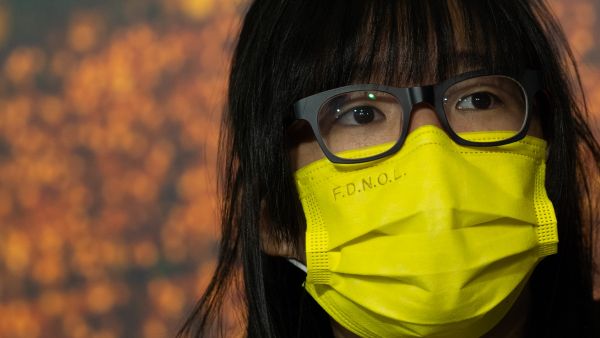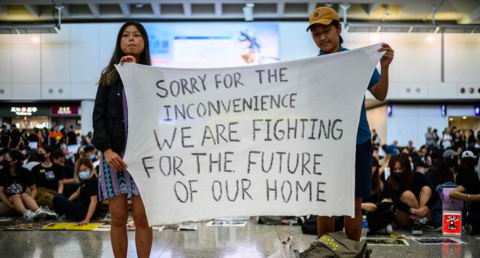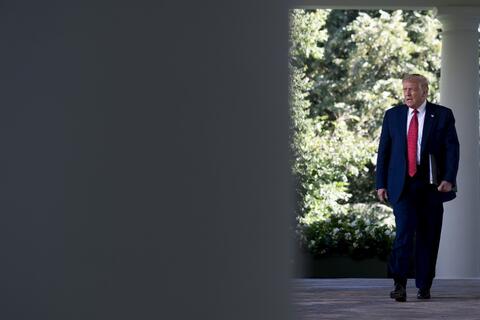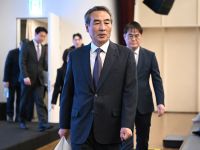Several UN human rights experts on Tuesday are worried over the arrest of Hong Kong pro-democracy activist and women’s rights defender Chow Hang-Tung on charges of "incitement to subversion" and being a foreign agent.
They urged authorities to refrain from the use of the National Security Law and to reconsider its application.
Chow, a human rights lawyer, was arrested on Sept. 8. She was a member of the Hong Kong Alliance, an advocacy group that organized the annual candlelight vigil marking the 1989 protests in Tiananmen Square.
UN experts deeply concerned by arrest of #HongKong pro-democracy activist Chow Hang-Tung on charges of “incitement to subversion” & being a foreign agent. They urge authorities to refrain from using the National Security Law and reconsider its application: https://t.co/WfKbv8DqeF pic.twitter.com/pbY8JivfaY
— UN Special Procedures (@UN_SPExperts) October 12, 2021
Several other activists have been similarly arrested and charged under the National Security Law.
"Terrorism and sedition charges are being improperly used to stifle the exercise of fundamental rights, which are protected under international law, including freedom of expression and opinion, freedom of peaceful assembly, and the right to participate in public affairs," the experts said.
The national security law sets out four areas of criminal offenses – "secession," "subversion," "terrorism," and "collusion with foreign or external forces to endanger national security" – with a maximum penalty of life imprisonment.
The experts said they have communicated in a detailed written analysis their concerns to the government of China about the National Security Law in the Hong Kong Special Administrative Region.
Concerns over ‘foreign agent’ qualification
The experts also raised their concerns over the "foreign agent" qualification under the National Security Law.
Under this law, reference is made to funding received from foreign governments and activities benefiting them.
The experts called on the government to ensure that associations seek, receive, and use funding from foreign or international sources without undue impediments.
"Such regulatory measures, by imposing undue restrictions on funding and punishing recipients of foreign funding, infringe on the right to freedom of association as well as other human rights," the experts said.
The experts issued a further reminder that terrorism and subversion of national security are profoundly severe offenses and are strictly defined under international law.
"These labels should not be applied to offenses that do not meet the thresholds provided for in existing international standards," the experts said.
UN experts expressed grave concern about the arrest of human rights lawyer Chow Hang-Tung under N.S.L.: "There needs to be a reinvigoration of an independent judiciary in HK, a pause in applying this law, and a fundamental reconsideration of its use." https://t.co/N88e5H4LN3 pic.twitter.com/xDMrrLpm0J
— HKDC - Hong Kong Democracy Council (@hkdc_us) October 12, 2021
They said that doing so undermines the integrity of these legal standards, weakening binding international law norms across both human rights and international peace and security.
"The cheapening of the seriousness of terrorist acts and sedition offenses, when governments improperly use them to justify quelling domestic dissent, limiting protests and curbing criticism by civil society and human rights defenders, is deeply troubling," the experts added.
This article has been adapted from its original source.













